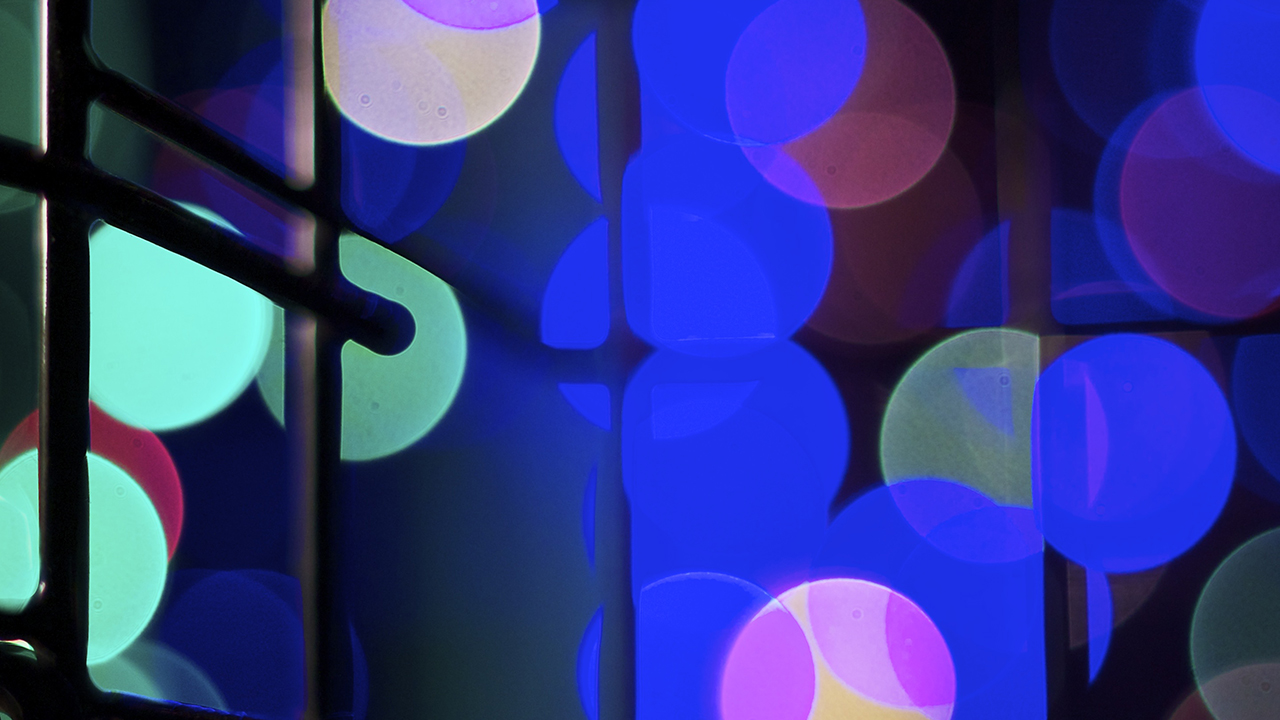
Supporting stronger libraries in the digital age
Above photo by Tim on Flickr (cc)
Last month, we announced 14 winners of the second Knight News Challenge on Libraries at the American Library Association annual meeting. I want to share some of the issues Knight is wrestling with as we think about our work with libraries the rest of this year and into the future.
At Knight our first grants to libraries were to the John F. Kennedy Presidential Library and Museum in 1964 and to Akron-Summit County Public Library in 1971. More recently, in 2012 we supported the launch of the Digital Public Library of America, as well as its 2015 expansion. Over last two years, we’ve focused on innovation in libraries— encouraging libraries to experiment with approaches for ensuring their relevance in a digital age. Since 2014, when we launched the Knight News Challenge on Strengthening the Internet, we’ve made $10.2 million in grants to more than 40 projects focused on libraries’ efforts to succeed in this new age.
Our thinking about what comes next reflects conversations we’ve had over the last few weeks, including discussions with a group of News Challenge advisers, a June convening of past News Challenge winners, and the American Library Association annual meeting. At the latter we organized several panels, and talked with library presidents, librarians, funders, library students, associations and library friends.
A common theme in the discussions was how libraries can best adjust to the opportunities and take on the challenges that come with informing and engaging Americans in a digital age. The technological disruption of recent years is likely to only accelerate in the future, requiring civic institutions to adjust if they want to remain central to American civic life. Reflecting on these talks at the American Libraries Association annual meeting, I was reminded of a John Maynard Keynes quote that I’ve heard John Seely Brown highlight: “The difficulty lies not so much in developing new ideas as in escaping old ones.”
We think libraries are even more vital in this new civic information environment. It is not sufficient for them to survive, they need to expand and thrive. This will require developing new muscles— but new ideas are not sufficient. We also need to escape the old ones.
Over the next year we intend to focus less on uncovering new ideas and more on developing the capacity for libraries to be stronger and more resilient in a digital age. In the last two years, we’ve seen the ways in which limitations in skills, and physical space constrain the ability of libraries to adopt new approaches. These barriers were evident in the latest News Challenge, in which we spent just half of the $3 million we had prepared to spend. Going forward, here are some questions we’ll be asking.
1. What can be done to foster collaboration across disciplines? Of all the civic sectors we work with, libraries are among the most siloed. We have heard from library leaders that they want more opportunities to work with, learn from and rub up against people from other fields. What might we learn from projects in other civic sectors such as Code for America, 18F, or the Knight-Mozilla OpenNews project, which focuses on bringing talent from outside of the government and journalism, respectively, that could benefit libraries? And how do we ensure that diversity is core to library innovation efforts?
2. How can libraries be even better at putting community at the center of their work?
In recent years the Gates Foundation funded Design Thinking for Libraries, A Toolkit for Patron-centered Design, and Macarthur Foundation funded the Aspen Institute’s work on Putting Learners at the Center. How might we involve the whole community in building stronger libraries, including those inside of libraries (clerks, security guards, custodians), as well as users and non-users?
3. How can libraries be better at expressing their value to wider audiences?
To succeed, particularly during a time of reduced public investment, it is vital for libraries to make sure that citizens, and taxpayers, understand the breadth of their work. Libraries must also connect with people on the platforms and media they are using.
As Americans learn in new ways, libraries need to evolve to meet them where they are. If libraries don’t adapt creatively we may lose them.
John Bracken is the vice president for media innovation at Knight Foundation. Reach him via Twitter at @jsb.
Recent Content
-
Communitiesarticle ·
-
Communitiesarticle ·
-
Communitiesarticle ·


